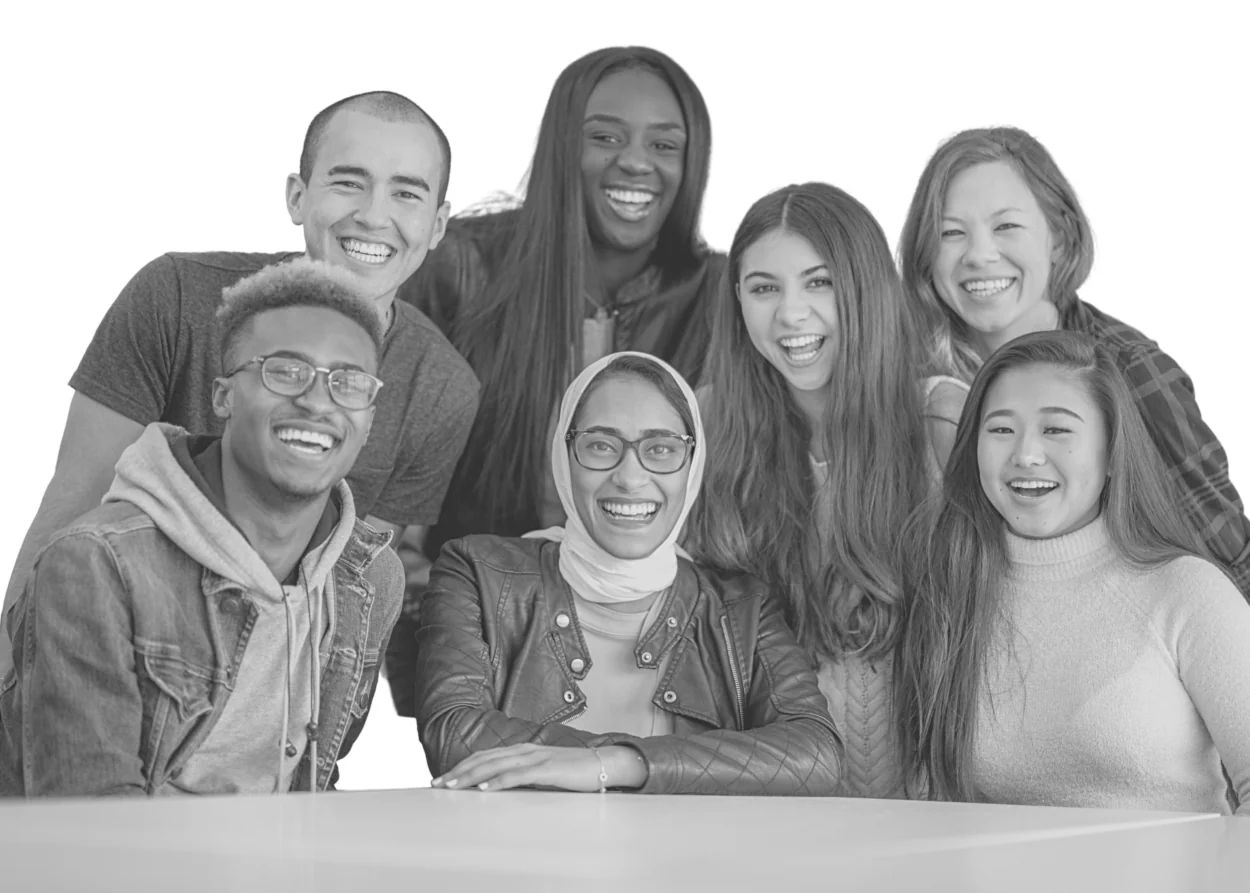Are you a Dreamer who wants to live and work legally in the United States? Deferred Action for Childhood Arrival (DACA)* allows individuals who were brought to the U.S. as children to obtain 2-year legal status and work permits. With DACA, you cannot be deported.
How to do it?
As a DACA applicant, you must file forms I-821D, I-765, and I-765WS with supporting documents to USCIS. Alcorn can help.
Am I eligible?
You may apply for DACA status if you can meet the following requirements:
- You were under the age of 31 on June 15, 2012;
- You came to the U.S. before reaching your 16th birthday;
- You have continuously resided in the U.S. since June 15, 2007, up to the present time;
- You were physically present in the U.S. on June 15, 2012 and at the time of submitting your application for DACA status;
- You had no lawful status on June 15, 2012;
- You are currently in school, have graduated or obtained a certification of completion from high school, have obtained a general education development (GED) certificate, or are honorably discharged veteran of the Coast Guard or Armed Forces of the United States; and
- You have not been convicted of a felony, significant misdemeanor, or three or more misdemeanors, and do not otherwise pose a threat to national security or public safety.
What’s the Process?
If you may be eligible for DACA, and you have not filed a DACA application in the past, you must file Form I-821D, Form I-765, and Form I-765WS, along with supporting documents demonstrating that you meet all eligibility requirements.
After all forms are submitted with USCIS, you will attend a biometrics appointment at your local field office. Once USCIS has collected your biometrics a decision will be made on your DACA application. If DACA is granted you will receive DACA or deferred action status and work authorization that is valid for two years, which can be renewed.
*PLEASE NOTE: On July 16, 2021, a federal court judge in Texas ruled that the DACA policy is “illegal.” As a result of that ruling, U.S. Citizenship and Immigration Services (USCIS) is currently not processing new DACA applications. The agency will only process DACA renewals.
- USCIS will accept both new DACA applications and DACA renewals, as well as accompanying work permit applications
- However, USCIS will not adjudicate new DACA applications or associated work permit applications
- Individuals who obtained DACA on or before July 16, 2021, can renew their DACA status and work permit, and apply for advanced parole, which is a travel document that allows you to reenter the US after traveling abroad (USCIS will adjudicate these applications)
Alcorn Immigration Law can assist with renewals and new applications for Deferred Action for Childhood Arrivals (DACA) and employment authorization (work permit). Please contact us if you are a Dreamer and need help with your immigration status.
We remain hopeful that Congress will provide a path to citizenship to Dreamers. In the meantime, here is information on:
DACA Timeline
The Obama administration established the DACA policy in June 2012. The policy enabled some individuals who entered the U.S. as children and had either entered or remained in the U.S. illegally to be eligible for renewable two-year protection from deportation and a work permit.
In September 2017, the Trump administration stopped accepting new applications for deferred action status. It announced that anyone with DACA that expired before March 5, 2018, could apply for a two-year renewal until Oct. 5, 2017.
On Jan. 9, 2018, a federal court judge temporarily blocked the Trump administration’s efforts to end the DACA program and ordered the administration to resume accepting DACA renewal applications. USCIS began accepting DACA renewals again on Jan. 13, 2018. For most of the remainder of its term, the Trump administration did not accept new DACA applications.
Developments in 2020 and 2021
On June 18, 2020, the Supreme Court ruled that the Trump administration illegally ended the DACA program in 2017 by failing to provide a “reasoned explanation” for doing so. The ruling was expected to mean that U.S. Citizenship and Immigration Services (USCIS) would once again accept new DACA applications, advance parole applications, renewals for lapsed DACA status, in addition to renewals for active status.
However, USCIS continued the DACA program largely as it was after a series of lower court rulings and prior to the Supreme Court decision: It was still not accepting new DACA applications from individuals who have never applied for DACA before. In addition, the agency made renewing DACA and associated work permits more burdensome by only granting them in one-year increments.
On Dec. 4, 2020, a federal judge ordered the Department of Homeland Security, which oversees USCIS, to resume approval of new DACA applications and work permits and granting them in two-year increments.
In January 2021, USCIS under the Trump administration began:
- Accepting new DACA applications
- Granting DACA+ EAD renewal requests in two-year increments
- Accepting advance parole applications
- Mailing notices to individuals
- Whose DACA + EAD renewal requests were approved for one year that they were automatically extended to two years.
- Who submitted DACA or advance parole applications for the first time
- Whose initial DACA applications were rejected.
On his first day in office, President Biden issued a memo to the Secretary of Homeland Security, who oversees U.S. Citizenship and Immigration Services, to “fortify and preserve” DACA. Shortly thereafter, he also proposed immigration reform legislation that resulted in the Dream and Promise Act of 2021 in the House and the Dream Act of 2021 in the Senate. Both bills would provide a path to citizenship for Dreamers and other undocumented immigrants who meet certain criteria.
We Can Help
Alcorn Immigration Law supports immigration for innovation. If you, a colleague, or a loved one need assistance, please contact us. Subscribe to our monthly Newsletter for the latest on DACA and other immigration news.


